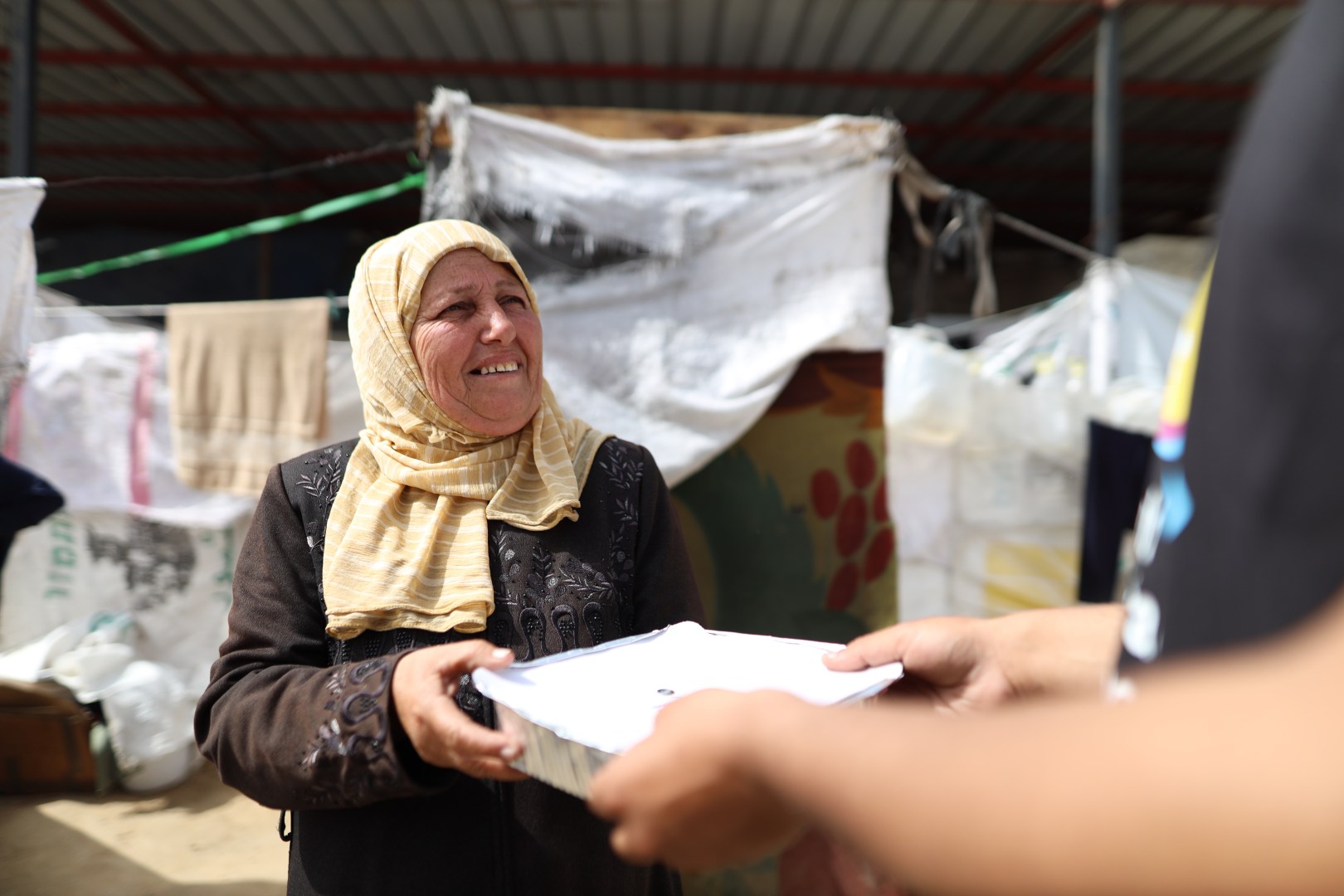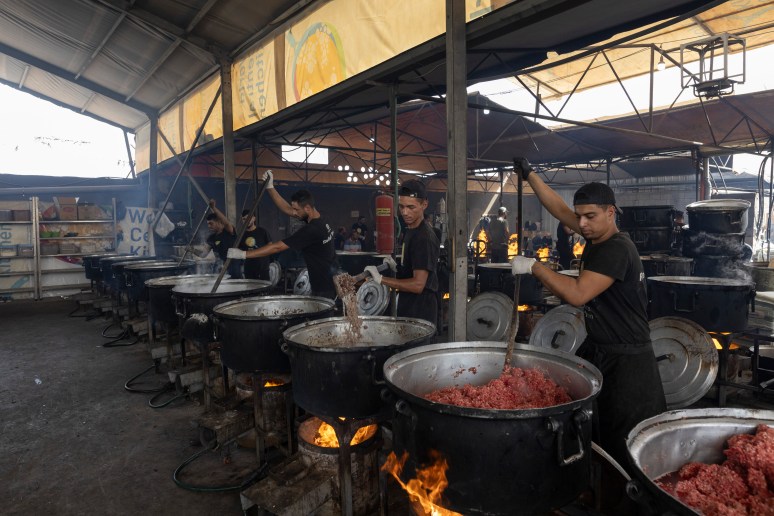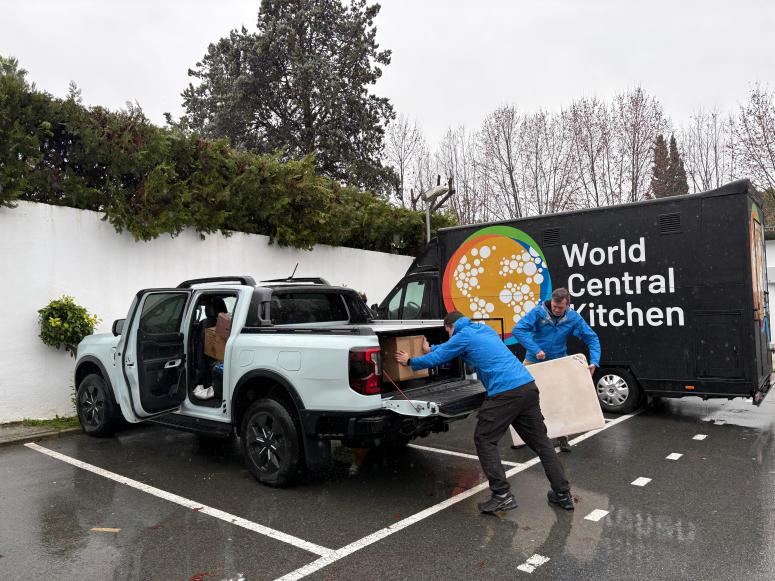WCK in Gaza: 175 days and more than 42 million meals served

After 175 days, World Central Kitchen keeps expanding our work in Gaza. We show up with one simple goal—to feed people. As a nonprofit, apolitical organization, this hasn’t been easy.
We push every day with greater tenacity to provide meals to as many Palestinians as possible. We must. The situation in Gaza is the most dire we’ve ever seen or experienced in our 15 year history. Food is a matter of life or death. More and more people, particularly children, are dying of starvation. We’ve known for months that famine is imminent and the situation is getting worse.
I’m proud of our team, partners, supporters, and entire community that has stepped into this moment with ACTION. We can’t keep talking about imminent famine without acting. The greatest failure is to do nothing right now.
We are closely collaborating with many humanitarian organizations on the ground: Anera, World Food Programme, UNRWA, OCHA, MECA. For five months, we have all fiercely called for all aid routes into Gaza to be opened! Despite countless challenges and restrictions, WCK and other organizations are delivering life saving aid and are responding to a humanitarian catastrophe.
There is a lot of conversation around the most efficient means of sending and distributing food, which absolutely deserve attention and awareness. However, it is WCK’s resolve that there isn’t a cost we can place on a human life and we will continue to push to get food into Gaza—by land, air and sea—until there is substantial aid getting in via land, the most effective route of all.
Our team in Cairo keeps our trucks flowing to and through Rafah Crossing. We’ve dispatched more than 1,700 trucks full of food and cooking equipment for our 68 community kitchens. These kitchens give communities the resources to feed their neighbors, and to do so with dignity.
As thousands of trucks are lined up to enter Gaza, WCK continues to send nearly 20 trucks to Rafah every day. There have been many days when no trucks are let in and here lately an average of only 10 trucks per day pass through the Rafah Crossing. We need this entire process to go much faster so WCK, and other organizations, can get more aid into Gaza immediately.

WCK has also delivered food from Jordan via land convoys and airdrops. Along with the Jordanian Air Force, we delivered just over 230,000 meals to northern Gaza. These meals reached areas that land convoys can’t—families reported that this aid was the first they had received in months as they’ve been completely cut off from supply routes.

WCK also opened the maritime route, successfully sending nearly 435,000 meals via the Open Arms vessel. There is currently only one land route for aid deliveries to northern Gaza. As we continue to send convoys and push for more land routes, we will also send more and more ships.
We are ready to send two more vessels: Jennifer and Open Arms. Together, they are loaded with 1.2 million meals and ready to feed communities in the North.

Our maritime efforts, named Operation Safeena (meaning boat in Arabic), are completely separate and independent from the U.S. Military initiative and other private enterprises.
WCK is not pushing a political agenda and we are not replacing any of the other organizations in Gaza, despite reporting and claims suggesting otherwise. WCK is a leading emergency response organization and many of the organizations we are collaborating with have been in Gaza for decades. There will come a time when we are no longer needed and it’s important that we honor and recognize each organization’s contributions.
We remain focused on our mission as a nonprofit, humanitarian organization that works shoulder to shoulder with the communities we serve to achieve the greatest impact. In Gaza, we are employing hundreds of Palestinians and have thousands more volunteering to make this work possible.
There is a lot more to be done to feed communities in Gaza. Thank you for following along and for supporting our efforts to save lives and stave off famine.
José Andrés, Founder and Erin Gore, Chief Executive Officer



